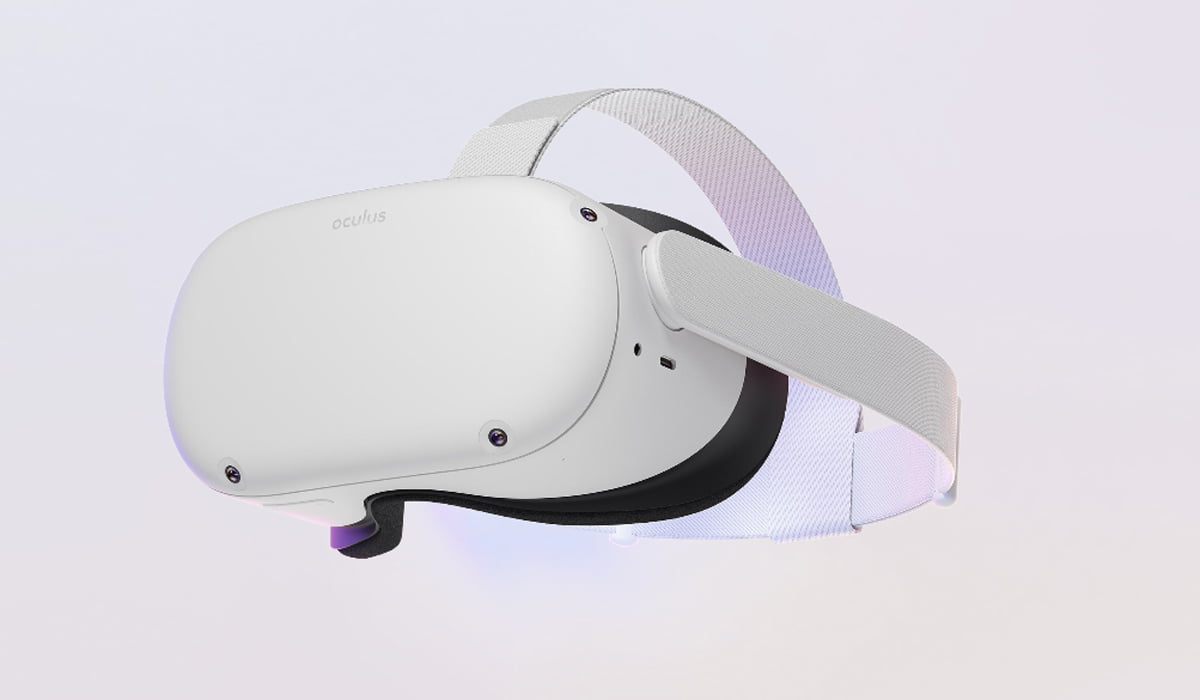The most successful Quest 2 games use the physicality of VR

The latest superhits in the Oculus Store run counter to the usual expectations. This shows that VR gaming is still a very new medium - and can be difficult to predict.
Yes, they really do exist: VR games that are relatively new and outrank long-time classics like Beat Saber, Superhot VR, and Job Simulator. If you take the number of reviews as a benchmark, the combat simulation Blade & Sorcery: Nomad has risen to become the second most successful premium title in the Oculus Store in just under nine months. Only Beat Saber and the free Rec Room have more ratings.
VR makes gladiator dreams come true
That's remarkable, and it raises a question: What makes the VR game so special? It doesn't have a big license behind it, and as far as I know, it doesn't have a huge game world, gripping story, or complex game mechanics.
The usual success factors obviously don't apply here. What's more important is that Blade & Sorcery has hit a nerve. Only which one?
Perhaps the game is so successful because it satisfies the ultimate power fantasy. What people saw in the Matrix movie, they can live out with Meta Quest 2, taking on entire hordes of enemies thanks to superhuman powers. No other entertainment medium offers that, at least not with the physicality of virtual reality.
Monkey VR fun
The second newcomer hit is even harder to understand, at least for me. I mean the catch game (!) Gorilla Tag, which has just under 40,000 ratings (!!!) in the App Lab (!!).
Beat Saber has 44,000 ratings after more than three years and lots of advertising from Meta. Gorilla Tag made it in less than half that time through word of mouth - and isn't even listed in the Oculus Store.
It's a fair question to ask: What makes entire armies of people turn into monkeys in their spare time? Is it the unique way of getting around or the social aspect of the game? In any case, it's not the graphic design.
The unpredictability of VR gaming
Blade & Sorcery and Gorilla Tag have a strong virtual reality component, offering a physical experience that you can't get anywhere else in this form. Their phenomenal success, like that of Beat Saber, could not have been predicted. And the same should be true for the next VR megahit.
So what do we learn from this? That VR games may still have a surprise or two in store, and may develop in directions we don't expect. And that it may be pointless to work towards a clearly defined vision of the Metaverse because everything will be different in the end.
Leave me a comment if you are a fan of these games, have experienced their fascination firsthand, and can explain their success better than I can.
Note: Links to online stores in articles can be so-called affiliate links. If you buy through this link, MIXED receives a commission from the provider. For you the price does not change.